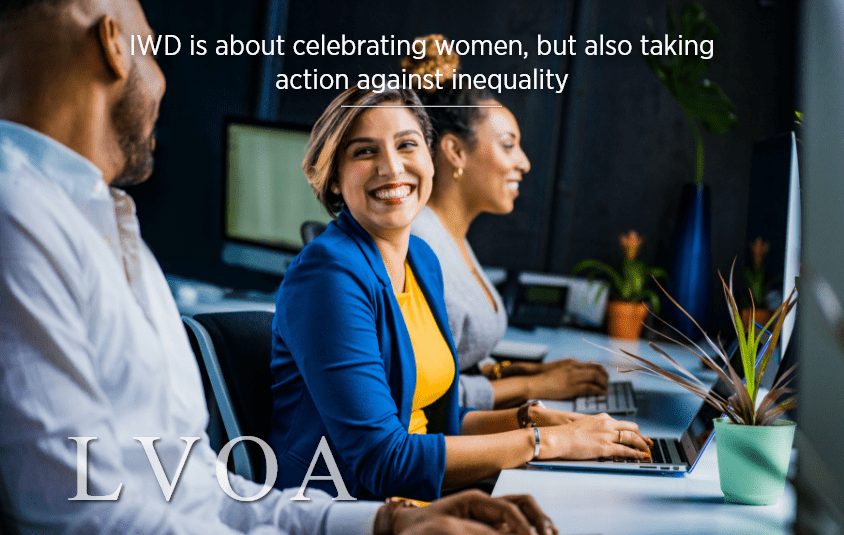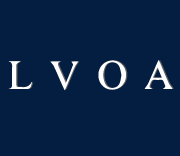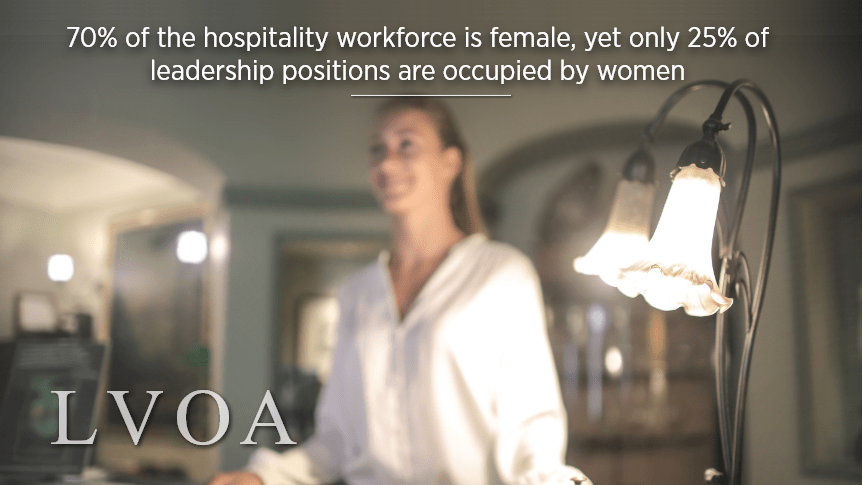Spring is fast approaching and with it comes International Women’s Day, which has become a more prominent fixture on the marketing calendar in recent years. Much like Earth Day or World Mental Health Day, IWD is now acknowledged across many industries, including hospitality. These types of “holidays” are an opportunity for brands to reinforce values such as sustainability, gender equality and commitment to mental wellness – and share those values with the world.
However, there is a fine line between using International Women’s Day as a marketing ploy and fully embracing what it stands for. Here, we explore the core principles of IWD, its history, and how this relates to the hospitality industry.
What is International Women’s Day?
International Women’s Day, held annually on the 8th March, celebrates the social, economic, cultural, and political achievements of women, and also marks a call to action for accelerating women’s equality.
The history of International Women’s Day
IWD has been marked for over a century, with the first event held in March 1911 in Austria, Denmark, Germany and Switzerland, where over a million people participated in rallies campaigning for women’s rights. Today, IWD is recognised all over the world and is not specific to any nation, group, nor organisation, though there is an IWD website. The theme for 2021 was #ChooseToChallenge and the theme for 2022 is #BreakTheBias.
March is also recognised as Women’s History Month in the United States, the United Kingdom and Australia, as well as other places.
Recognising IWD in hospitality
The hospitality industry has embraced IWD and Women’s History Month, but there is some debate as to whether this recognition has sometimes been a little shallow. Brands may organise a marketing campaign or IWD offer that “celebrates women” (think pink-themed afternoon teas or spa vouchers), however these play to stereotypes and miss the mark when it comes to understanding exactly what IWD is about.
Without calling out any brands in particular, there certainly seems to be more emphasis on recognising IWD externally rather than internally; celebrating femininity, rather than addressing issues of inequality; highlighting positive examples of women in the business, rather than exploring the obstacles they may have faced to rise through the ranks, or existing gender imbalances at the top.

Gender imbalance in the hospitality industry
It’s estimated that around 70% of the hospitality workforce is female, yet only 25% of hospitality leadership positions are occupied by women, according to the Women in Hospitality, Travel and Leisure 2020 Report. Women hotel general managers are particularly rare.There are also issues further down the hierarchy.
Work roles that have been historically filled by women tend to be undervalued and underpaid. Think about aged care, child care, nursing, teaching, waiting, administration, cleaning, and many hospitality roles, to name but a few. Plus, there’s the estimated 12.5 billion hours of unpaid work (child care, cleaning the house, cooking etc.) that women do at home, regardless of whether they work or not.
How can hospitality celebrate IWD in a meaningful way?
Hospitality tends to focus on celebrating the achievements of women on IWD by highlighting the few success stories of women in leadership positions. To truly embody what IWD is about, the hospitality industry must also pay dues on the second part: calls to action for accelerating women’s equality. Emphasis on the action.
Here are 10 questions a hospitality business can ask this IWD:
- What is the gender balance of staff?
- How many senior positions are held by women?
- What is the average wage for a female vs male employee?
- What is the average wage for a female vs male employee in the same role?
- Historically, have women been offered as many promotions as men?
- Who do we do business with; how many of our suppliers and distributors are women-led businesses?
- Does the company have robust maternal and paternal leave programs?
- Have any issues relating to gender, such as discrimination or sexual harassment, ever occured in the workplace. If so, how were they dealt with and what were the outcomes?
- Do female staff feel they are treated the same as their male peers?
- Do female staff have any suggestions for how the work environment could be improved?
An audit on staff data and interviews with employees are certain to bring about learning opportunities.
What’s more, this data can be shared as part of a meaningful IWD campaign. Some businesses may be afraid of revealing gender imbalances behind the scenes because it does not reflect the company’s values when it comes to gender inequality. However, the opposite is true. It’s a known fact that “transparency in business bolsters brand reputation, attracts and retains employees and impresses investors, so the benefits go far beyond simply being honest or doing what is morally right.
International Women’s Day and hospitality
As the pandemic has adversely affected many industries where women make up the majority of the workforce – travel, hospitality, F&B – now is the best time to reflect and take action, so that improvements can be made for post-Covid recovery. This IWD, consider what actionable steps you can take to not only to celebrate women, but also aid in the fight against inequality.







